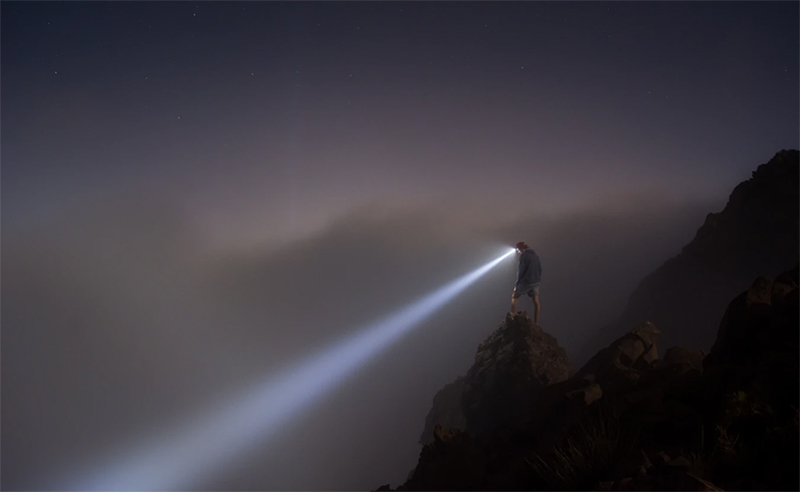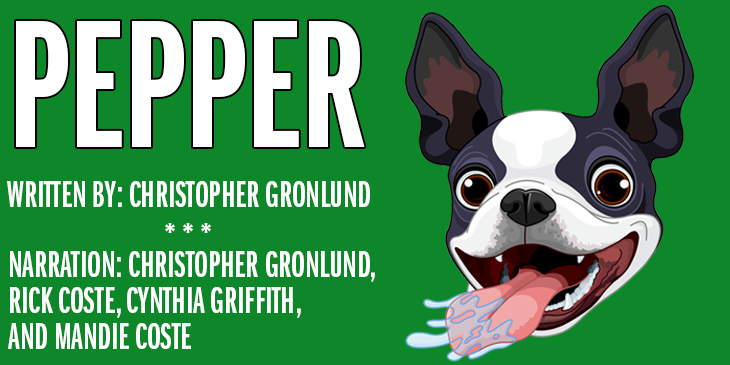
When I sit down to write something for The Juggling Writer, I always have a good idea what it is I want to say. I might discover much of an entry along the way, but I always have a few chunky bits in my head to get me started and pull me through.
Sometimes I stop in the process, realizing an idea wasn’t what I hoped it would be. Sometimes I go a bit too long and run out of steam…or I have to log in to work or run errands. Those entries I don’t finish in a sitting end up as drafts, but I rarely return to them. I currently have 62 draft entries in various states of readiness. (What you’re reading right now is published entry 651, meaning about ten percent of what I start, here, never sees me pressing the Publish button.)
The Write Habit
It’s a weird time to be writing. I am fortunate that it’s habit enough for me that I can sit down and tell myself I’ll write for an hour and spend that entire time writing. Everything else gets closed and put away, so it’s just me and the screen (or me and the notebook).
Depending on the environment, some spacey electronica silences [or at least dampers] sounds I can’t control: the cafeteria at a day job or the apartment landscaping crew; my wife practicing harp or watching television. (I never mind hearing my wife play harp, but it’s so easy to stop and just listen…and listen…)
But when I decide it’s time to write, I sit down and write.
1000 Words
I did Jami Attenberg’s 1000 Words of Summer challenge again this year. While I normally turn away all writing challenges, writing at least 1000 words a day for two weeks is realistic for me.
Each day of the challenge comes with some words of encouragement from Attenberg and an essay — most of which are by guest writers. Many of this year’s 1000 Words of Summer challenge essays were about writing in non-ideal situations: with a newborn in the home, while struggling with personal issues, or just trying to juggle work, writing, and life.
The challenge caught me by surprise this year, but I still wanted to take part…even though I wasn’t ready for it.
With No Idea
When I started the challenge, I was in that phase with a story where you might add or remove handfuls of words as you finalize things and edit. So I knew efforts into that story would not get me to 1000 words at all — let alone daily!
But I could afford to set the story aside and write other things for two weeks. There was only one problem: I had no idea what to work on.
I dedicated a day to the novel in progress, but it’s not a thing I want to rush. So I dug through my list of story ideas and grabbed one: a story about an older woman in line at the pharmacy who has a coughing and sneezing fit that infects four people also in line with a very strange ailment.
In the process of writing how it affected the four characters at home, more of the story came into focus. I still had no idea where it was going, but a structure was in place that allowed me to write and figure out even more.
I chatted briefly about the story with my wife, and mentioned I still didn’t know the big why to it all — how it would all come together — and she mentioned something that was enough to get back to it.
In a matter of days, a rough draft developed.
Next!
At that point, I was back where I was with the other story: it reached a point where not much could be added in edits. But I had two other stories in very rough states I could work with. So…I worked on them until I could add no more.
Days eight and nine of the challenge saw me working on November’s story for Not About Lumberjacks. Each November, in honor of my fiction podcast turning another year old, I write the most not about lumberjacks lumberjack story of the year! (This year, it’s a tale about deadhead loggers in a cypress forest in East Texas.)
10,000 Words
I have a confession about the 1000 Words of Summer writing challenge: I seem to tap out at 10,000 words each year. (10,217 words this year, to be exact!)
I had enough in me to keep going, but that first story I mentioned needed attention to get it into a solid draft ready for recording. (I’m one of four people in the production, and two of them had a small window of time in which they could record.)
But in a few weeks, a very strange father and son story called “Pepper” will be released on Not About Lumberjacks. (I love the story so damn much!)

Walking in the Dark
I know at least two things about walking in the dark:
- A flashlight helps!
- Your eyes eventually adjust.
The writing version of a flashlight — a fully formed idea and outline (I hear some people actually create those) — is ideal when sitting down to work on stories. But I’ve enjoyed night hikes without a light source more than those with one.
In many ways, when your eyes adjust, you can see even more in the dark. Maybe not as clearly, but I always feel more aware of my surroundings without a light source because I’m not looking directly ahead at something unnaturally so bright.
Sometimes when I have no idea where to go next in a story, or even what to write at all, I feel like I’m on a night hike: it’s awkward at first, but I adjust to the darkness in time and find my way. This year’s 1000 Words of Summer found me lost in the dark most days, but in the end, so many things became real all because I was willing to work with no idea going in.


I only caught up on this post a day or two ago, and I was amused, because I’ve also been feeling my way through the dark on a story with no real idea where it’s going. Thank you for the helpful metaphor! I just wrote my own post about my story effort and quoted you:
https://www.lisaeckstein.com/2020/06/finding-path.html